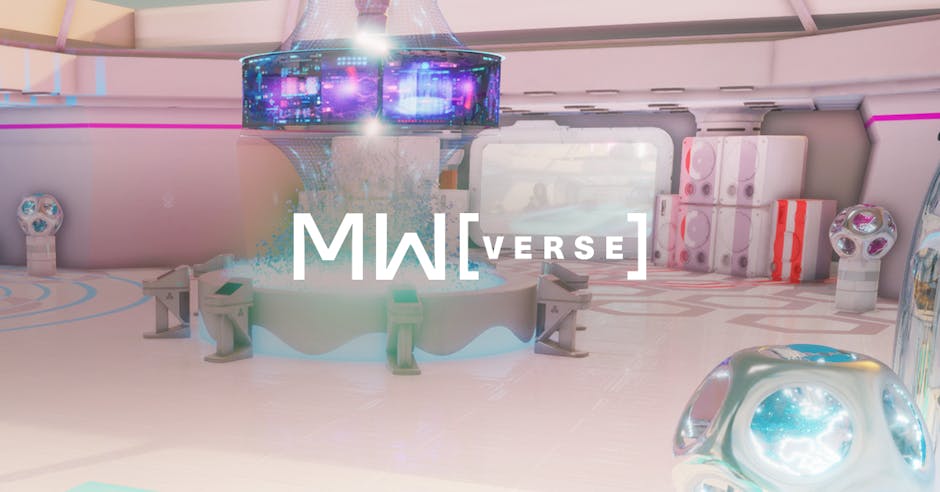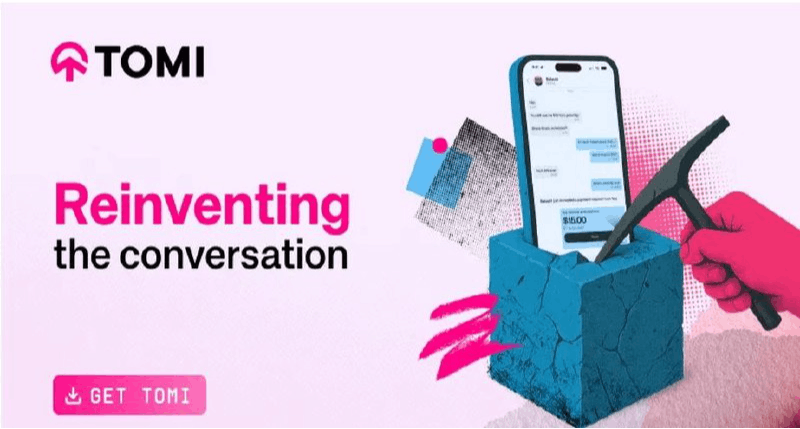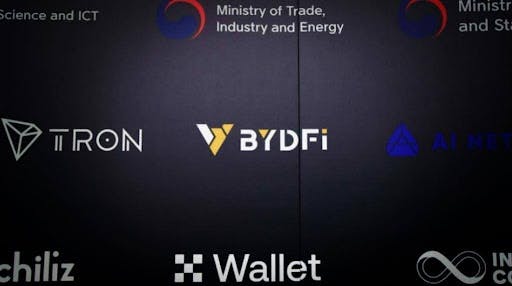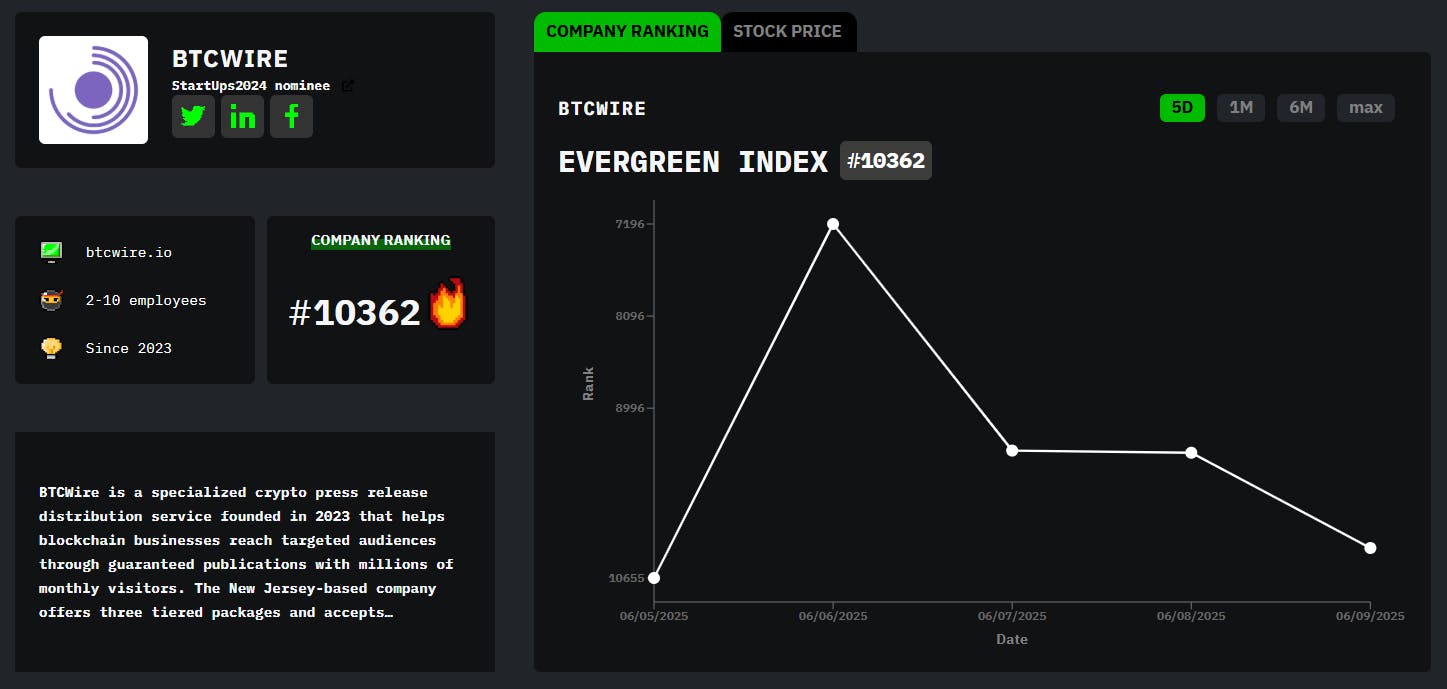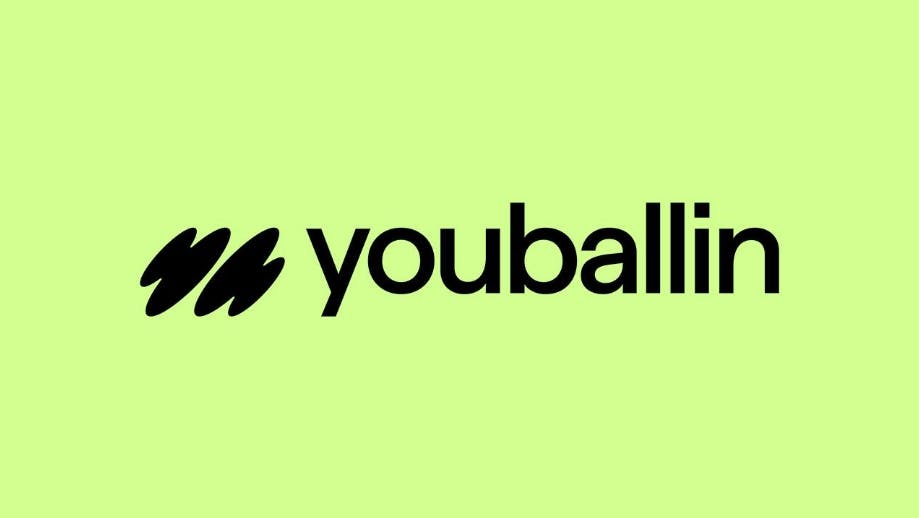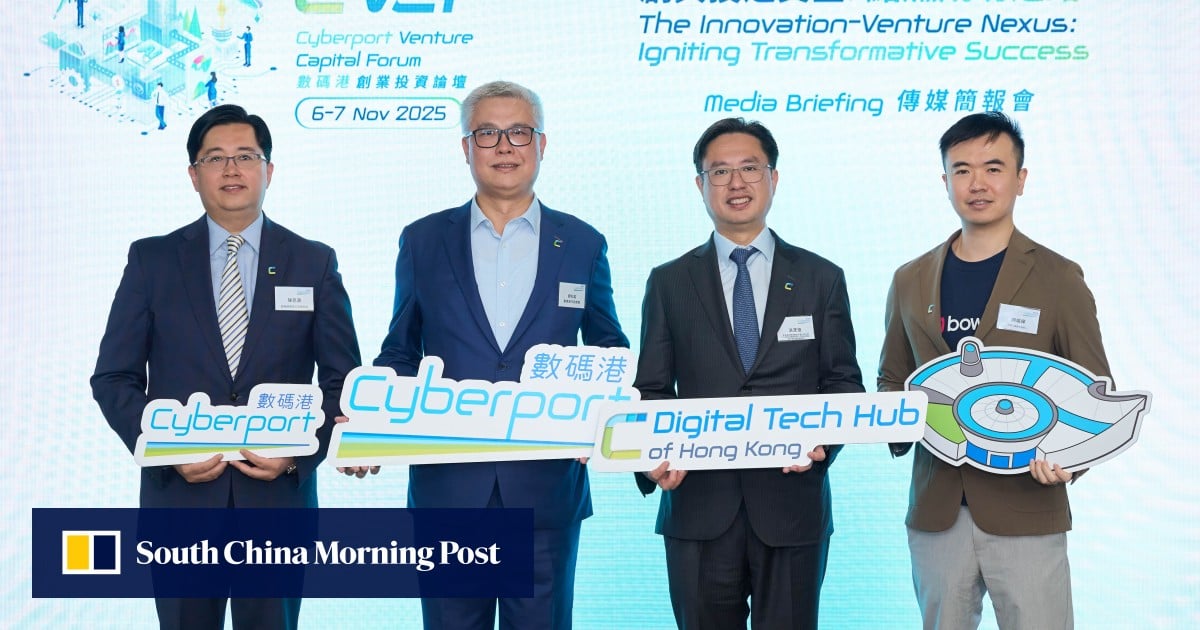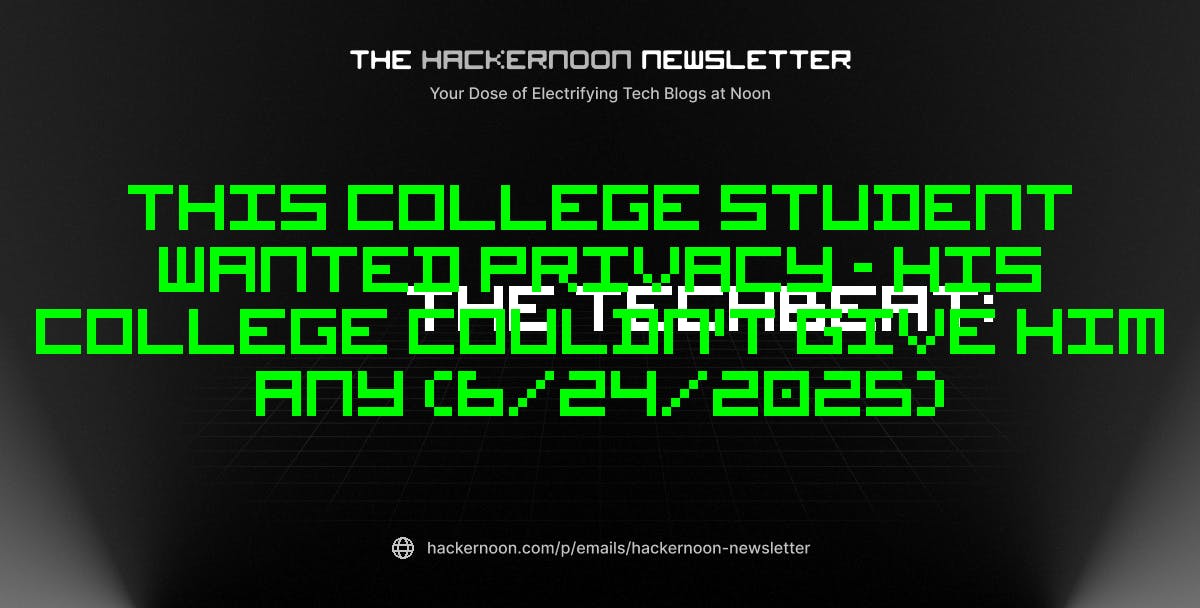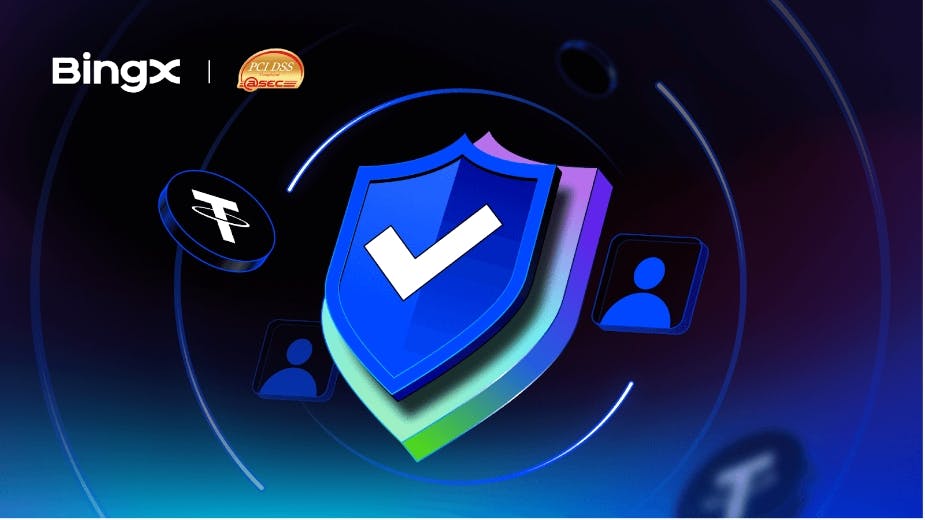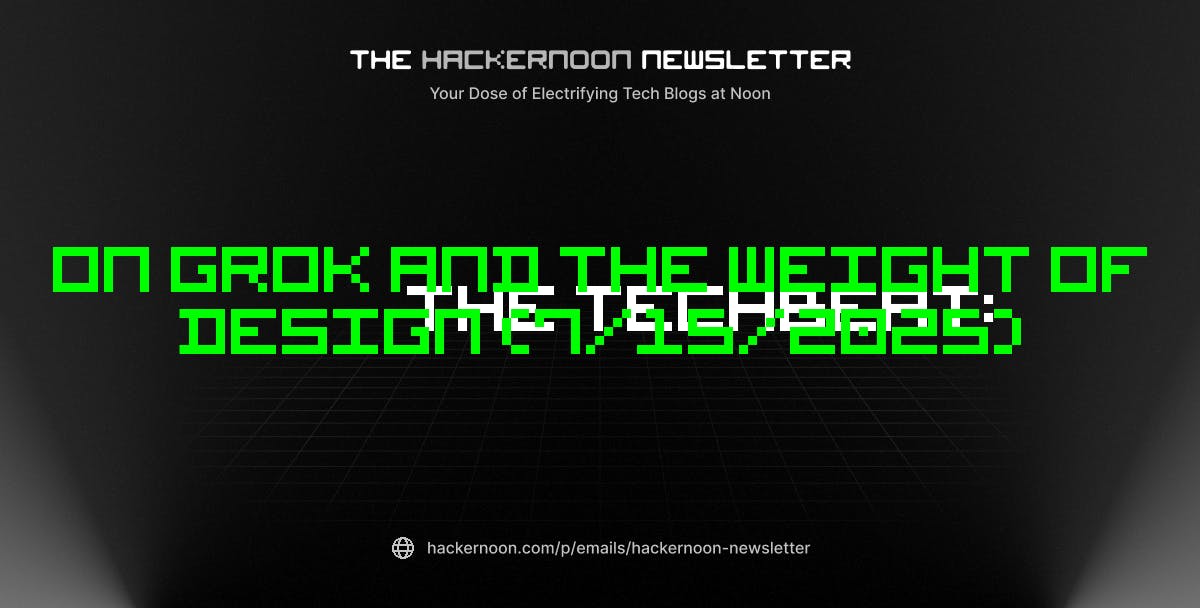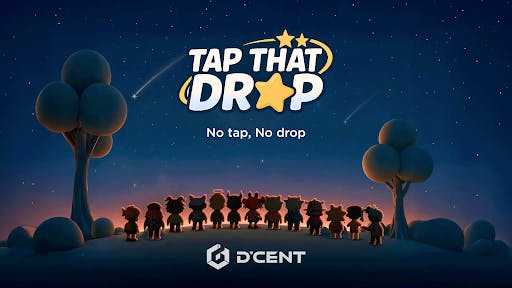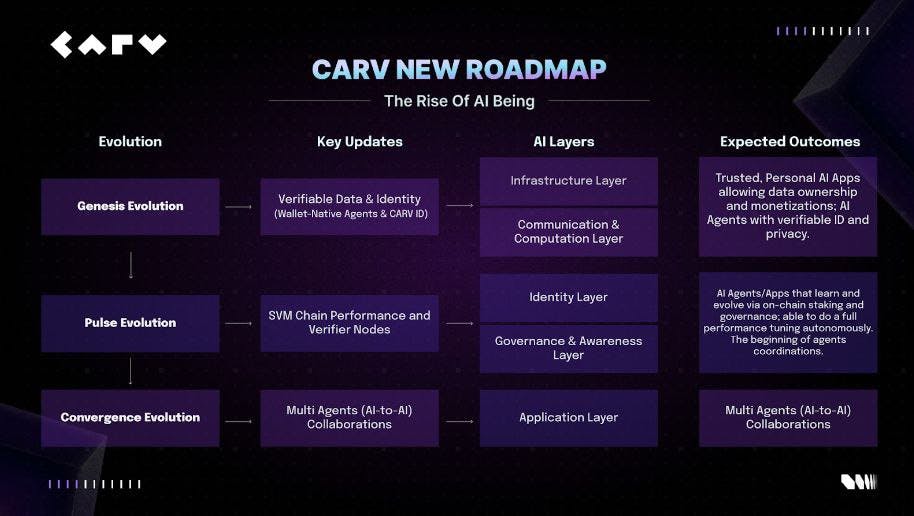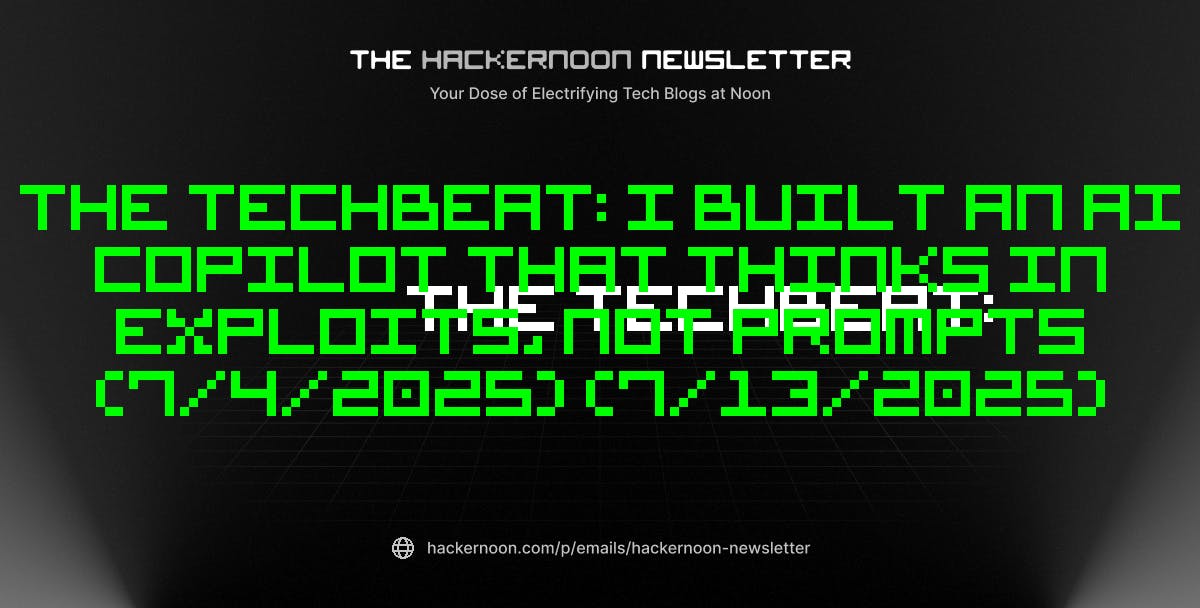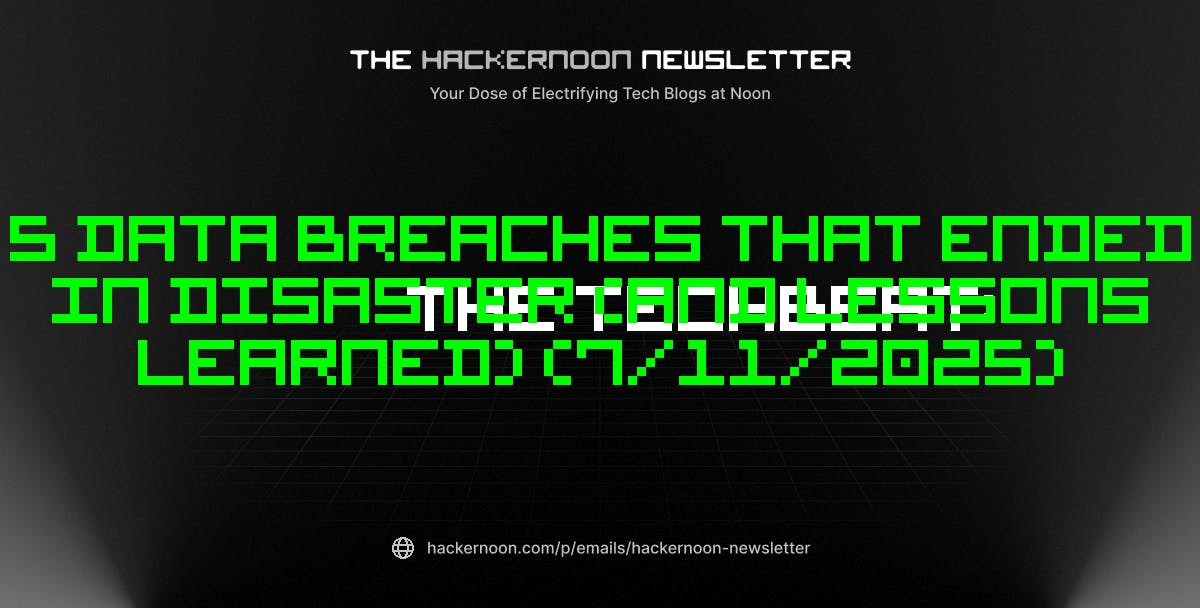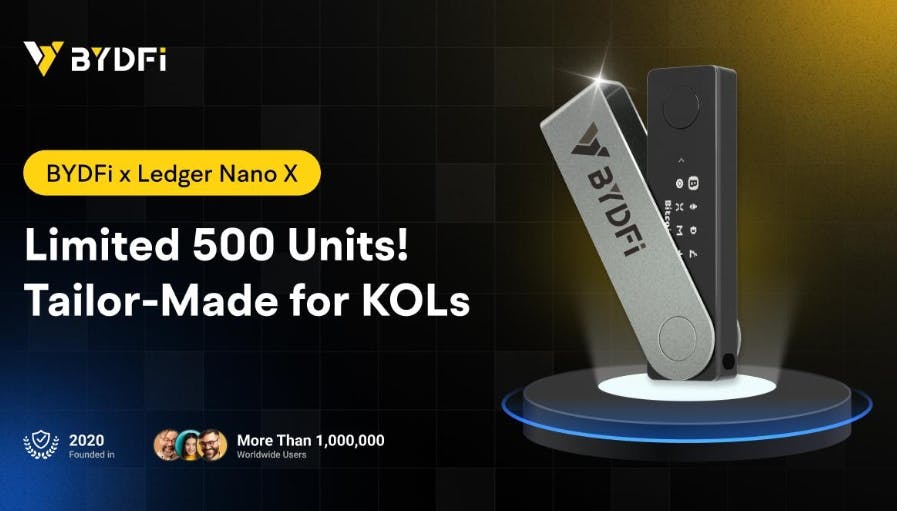#web3
#web3
[ follow ]
#blockchain #cryptocurrency #ai #nfts #metaverse #decentralization #defi #crypto #creator-economy #innovation
Marketing tech
fromLondon Business News | Londonlovesbusiness.com
3 weeks agoEight best blockchain loyalty platforms in 2026 - London Business News | Londonlovesbusiness.com
Decentralized ledgers convert brand-locked loyalty points into transparent, liquid assets, enabling Web3 retention via tokens, NFTs, and interoperable loyalty platforms.
Software development
fromLondon Business News | Londonlovesbusiness.com
4 weeks agoWeb3 Development Trends 2026-2030: Architecture, ZK-Tech, and RWAs
Web3 is maturing into modular infrastructure that makes blockchain invisible, enabling faster payments, lower fees, true digital ownership, and rapid market growth.
fromThe Drum
1 month agoOgilvy launches 'digital human' and experience studio called Reality
"Although most brands have experimented with emerging tech, there is still a lot of IDK and WTF attached to AR, VR, AI, ML, NPC, NFT and web3," said Laws. "When you think that the metaverse and its associated technologies are projected to be worth almost $1.5trn dollars by 2029, that's either a lot of growth to miss out on or a lot of mis-invested budget for brand leaders to be accountable for through poor understanding and unfamiliarity."
Marketing tech
fromBenzinga
1 month agoHow Web3 Incentives Could Transform Online Casino Engagement - High Roller Technologies (AMEX:ROLR)
The online casino industry is evolving rapidly, and operators are exploring new ways to engage and retain players beyond traditional promotions. Historically, casinos have relied on bonuses, loyalty points, and advertising to attract users. While effective in the short term, these methods often encourage passive engagement, with limited long-term impact on retention or revenue. As the digital entertainment landscape becomes more competitive, operators are turning to innovative approaches that integrate technology, behavioral science, and gamified experiences.
Marketing tech
Software development
fromBusiness Matters
2 months agoWeb3 Founder Rob Eijgenraam and the New Era of Blockchain: Practical Leadership in a Post-Quantum World
Rob Eijgenraam shifted TokenMinds to build Web3 solutions that survive full market cycles, focusing on AI agents, DeFi architecture, and post-quantum-ready blockchains.
Cryptocurrency
fromFinbold
3 months agoCrypto Content Creator Campus (CCCC) 2025 Concludes in Lisbon: A Look at the Future of Influence, Authenticity, and Next-Level Monetisation
AI-driven tools and creator-first affiliate strategies are transforming crypto content monetisation, with long-term, compliant creators poised to lead Web3 adoption.
fromForbes
4 months agoHow To Make Money With Crypto SocialFi: Base, Kaito Yaps, And Own.App
I still remember when social media first felt like magic, a place where creativity could travel the world in seconds. But as my audience grew, I also realized something else: the platforms owned the data, the content, and the rewards. That imbalance is what SocialFi is changing. And Growing. Per Micro Marketing Insights, the global SocialFi market is projected to exceed $10 billion by 2033.
Social media marketing
Cryptocurrency
fromTipRanks Financial
4 months agoR0AR Chain Announces $100,000 Community Rewards for Creators, Yappers, and Brand Evangelists - TipRanks.com
R0AR Chain allocates $100,000 in $1R0R tokens to reward community-driven content and social campaigns that accelerate Web3 adoption over a 90-day campaign.
Artificial intelligence
fromFortune
5 months agoA day in the life of 28-year-old CEO Lucy Guo who completes a 50-minute HITT workout every morning | Fortune
Lucy Guo combines extreme adventure, nonstop entrepreneurial work, global travel, and leadership of Passes to scale creators and build businesses from creator relationships.
fromEntrepreneur
5 months agoWeb3's Speed Is No Longer Optional. It's the Path to Adoption. | Entrepreneur
It wouldn't have to compete with Visa or PayPal; it simply had to serve as a hedge against macroeconomic and geopolitical risks, like its gold and rare metal counterparts. As such, its limited throughput was reframed as a feature rather than a flaw, a security trade-off that prioritized immutability and decentralization over instant convenience. In many ways, Bitcoin became a philosophical statement about the trade-offs inherent in trustless systems, teaching the industry that decentralization has costs, but those costs define its unique value proposition.
Cryptocurrency
fromTheStreet Crypto: Bitcoin and cryptocurrency news, advice, analysis and more
6 months agoWeb3 Jobs and the End of Remote Paradise
Industry observers note three key factors driving this change. First, company maturity: Web3 startups that began 5-8 years ago are moving beyond their initial startup phase and discovering they need more structured knowledge transfer and team coordination. Second, trust and quality issues have emerged as anonymous developer problems created challenges around verifiable professional identity and quality assurance. Third, knowledge transfer needs have become critical as complex blockchain technology requires senior-to-junior mentoring and cross-functional collaboration.
Remote teams
fromHackernoon
4 years agoWhat's Next for Crypto? Web3 VC founder James Wo on the Future of Digital Finance | HackerNoon
I was first introduced to Bitcoin in 2014 by a schoolmate during my undergraduate years, and what started as curiosity quickly turned into conviction. As I studied the whitepaper and explored the few available resources at the time, it became clear to me that Bitcoin wasn't just a new form of money-it was a paradigm shift. It addressed structural flaws in traditional finance, like inflation and centralized control, with elegant technological solutions.
Venture
fromHackernoon
1 year agoBonuz CEO Matthias Mende On Redefining Web3 Engagement | HackerNoon
Complex interfaces in Web3 often feel like navigating a maze-seed phrases, gas fees, and wallet setups deter everyday users who simply want seamless experiences like those in Web2 apps. This deters adoption because it creates friction, leading to high drop-off rates; studies show that over 80% of potential users abandon Web3 apps during the onboarding process.
Web development
fromHackernoon
9 months agoMeet Orbitt: The Fastest Way to Build a OneTap Launch Bot on Solana | HackerNoon
Orbitt provides a single bot interface for minting tokens, deploying Raydium pools, coordinating trading bots, and triggering trending placement—all driven by carefully planned Solana RPC calls.
Web development
fromHackernoon
2 years agoVision (VSN) Has Arrived: The New Standard For User-Centric Token Ecosystems | HackerNoon
"With Vision, we're creating a transparent and dynamic framework where token holders have a direct say in how the ecosystem evolves. This isn't just another Web3 product - it's a user-centric model that reflects the needs of its community."
Cryptocurrency
fromHackernoon
2 years agoAllnodes Among First To Launch Bare Metal Servers Powered By AMD Threadripper 9000 Series | HackerNoon
At Allnodes, we work hard to bring our users the latest and most powerful infrastructure available. The launch of the 9000 Series provides a natural next step, offering significantly improved architecture efficiency, critical for handling the increasing computational standards across today's blockchain networks.
Tech industry
fromHackernoon
2 years agoWEMADE And Redlab Unleash Web3 MMORPG - Global Pre-Registration Open For Aug 2025 | HackerNoon
All players who pre-register will receive special in-game items, including Gold Random Boxes and Top-grade Monster Slates, enhancing the player experience ahead of launch.
Video games
Cryptocurrency
fromHackernoon
2 years ago$70M Committed To Boba Network As Foundation Concludes BOBA Token Agreement With FTX Recovery Trust | HackerNoon
Boba Governance Foundation secured a $70 million investment to enhance Boba Network's development and expand its ecosystem for AI-powered decentralized applications.
fromHackernoon
56 years agoSia x HackerNoon: Inviting Developers to Build the Future of Decentralized Cloud Storage | HackerNoon
By backing up every existing and future HackerNoon article on the Sia network, we're helping ensure that tech journalism remains permanently accessible, censorship-resistant, and free from centralized control.
NYC startup
[ Load more ]
